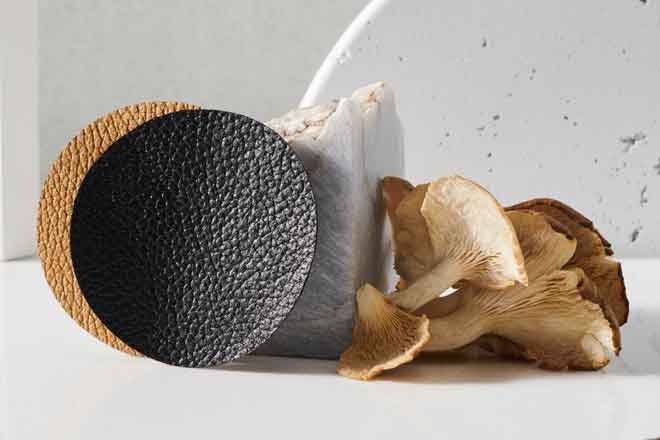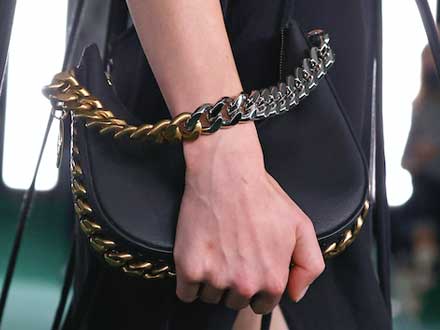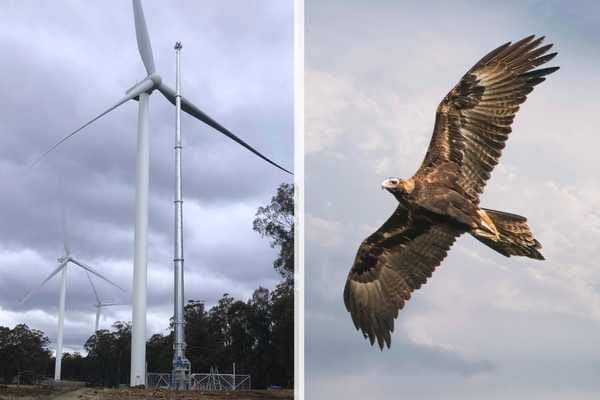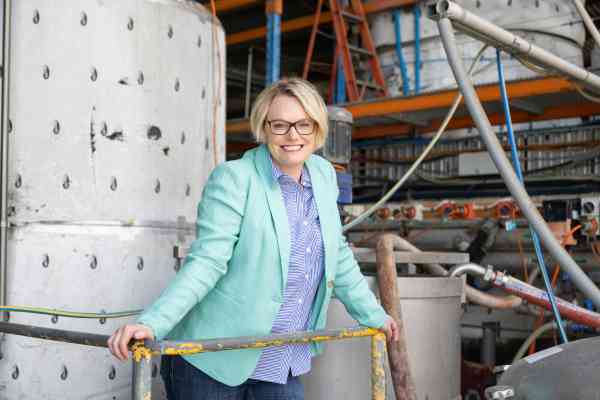Is Funghi the new black?
Big fashion labels are betting on Mycelium to create their next generation of sustainable footwear, bags, and clothes.

Mycelium farms are harvesting the next generation of high fashion
Some of the biggest names in fashion are funding vertically-farmed mycelium networks to create sustainable footwear, bags, and clothes.
Fashion giants including Adidas, Gucci’s parent Kering, Lululemon and Stella McCartney are each investing “seven-figure sums” in the development and production of Mylo, renewable, sustainable animal leather alternative made from the underground root structure of a mushroom.
Bolt Threads, a startup that specialises in developing next-generation fibres inspired by nature, is behind Mylo.
Bolt Threads initially began producing limited edition Mylo fashion products, but its consortium of high-profile backers will help scale up the new tech in preparation for commercial-scale production.
In April last year, Adidas created the Stan Smith Mylo, showcasing the performance potential of Mylo in footwear.
"Launching a luxury handbag made from Mylo mycelium leather is a landmark moment not only for us, but the world."

In July last year, Lululemon unveiled a yoga accessories collection made with Mylo including includes a concept yoga, a Meditation and Yoga Mat Bag and a Barrel Duffel Bag. The two bags featuring Mylo material will be made available for purchase in 2022.
Stella McCartney’s Frayme bag, the first ever to be made from Mylo, was launched in October at Paris Fashion Week.
“For my Summer 2022 collection, I was so inspired by fungi and their incredible potential for saving our planet – and the Frayme Mylo embodies that hope for the future,” McCartney says.
“Our long-time partners at Bolt Threads and I have a shared passion for material innovation and launching a luxury handbag made from Mylo mycelium leather is a landmark moment not only for us, but the world. What you see on the runway today is the conscious fashion industry of tomorrow.”
She’s also creating the industry’s first-ever Mylo garments: a black bustier and utility pants.
“Breakthrough technology takes time, and, while it is challenging to compete against entrenched industries that are already producing at scale, we are focused on building a novel supply chain and are on track to deliver millions of square feet annually in the near future,” says Bolt Threads.
Mycelium is not the only next generation fibre that’s inspired by nature. An algae-based textile company, Algaeing, is blending algae and cellulose for use in fashion and other industries. Its biodegradable threads are also being coloured with algae.
The tech
Mylo is very similar to animal leather and is a soft material. It is certified bio-based, meaning it is made predominantly from renewable ingredients found in nature. Mycelium is regenerative and thrives abundantly in the wild, feeding on natural resources. Scientists at Bolt Threads have learned how to reproduce this in a lab using mulch, air and water and using 100 per cent renewable energy. This process is designed to have a minimal environmental impact and takes days, not years like raising cattle. The process begins with mycelium cells which are grown on beds of renewable, organic matter in indoor vertical farming facilities that are powered by renewable energy. Billions of cells grow and form an interconnected 3D network and this network is harvested, processed, tanned and dyed to make the Mylo material for use in making footwear, bags, clothing and other products.
Who funds it
Fashion giants including Adidas, Gucci’s parent Kering, Lululemon and Stella McCartney are each investing “seven-figure sums” in Mylo.
Is it ready to roll
Mylo is currently being produced in indoor vertical farming facilities with the first commercial products coming out this year.a





